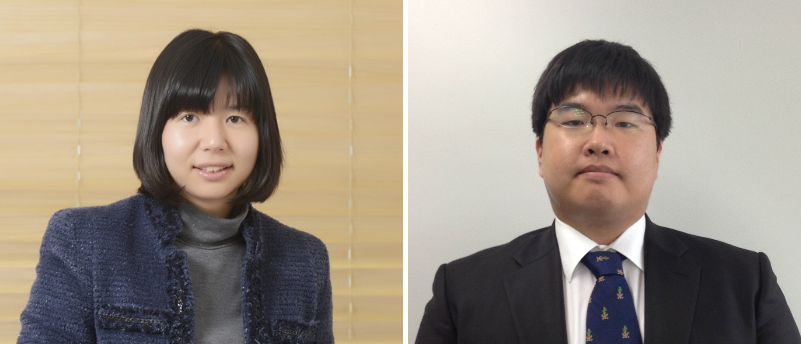Media Center
A multimedia mosaic of moments at GIST
GIST Excellence
Research team led by Prof. Lee, Hyun Ju develops a search engine, DigSee, for cancer researchers
- 김슬혜
- REG_DATE : 2013.07.24
- HIT : 927
Research team led by Prof. Lee, Hyun Ju develops a search engine, DigSee, for cancer researchers
- Easy and accurate search of research papers on cancer and genes is expected to enhance efficiency in research on diseases
- Research by Prof. Lee, Hyun Ju and her research team at GIST is published in the latest issue of Nucleic Acids Research

A group of Korean researchers successfully developed a specialized search engine to find research results on correlations between cancer and genes with ease and accuracy. It is expected to help researchers track down on explicit statements on links between genes and disease out of countless medical and biological literature, thereby making a big contribution to facilitating research on disease.
This research was conducted by Prof. Lee, Hyun Ju at the School of Information and Communication and PhD student Kim, Jeong Kyun (lead author) in Gwangju Institute of Science and Technology (GIST, President Young Joon Kim) and participated by a KAIST research team headed by Prof. Park, Jong Cheol and Prof. Kim, Jeong Jae of NTU, under the sponsorship by the Senior Researchers Support Program between the Ministry of Science, ITC and Future Planning and National Research Foundation of Korea. The result of the research was published by Nucleic Acids Research, a biology journal (web-based issue for July, 2013). The title of the research paper was “DigSee: disease gene search engine with evidence sentences (version cancer)”
A cancer is associated with alterations in thousands of genes, and complex interactions among those genes influence the signaling system. Therefore, it is important in cancer research to make comprehensive analyses on research results on genes related to cancers.
DigSee extracts information on over 9,000 genes related to more than 200 types of acute tumors, particularly what alterations they go through to cause certain types of acute tumors. Information can be searched on a variety of gene alterations ranging from gene expression to regulation, phosphorylation, localization, protein catabolism, binding and to transcription.
In particular, DigSee uses a text mining method based on Bayesian Classifier developed by Prof. Lee and her team, so that sentences most closely associated with a search topic are listed up in the order of higher relevance.